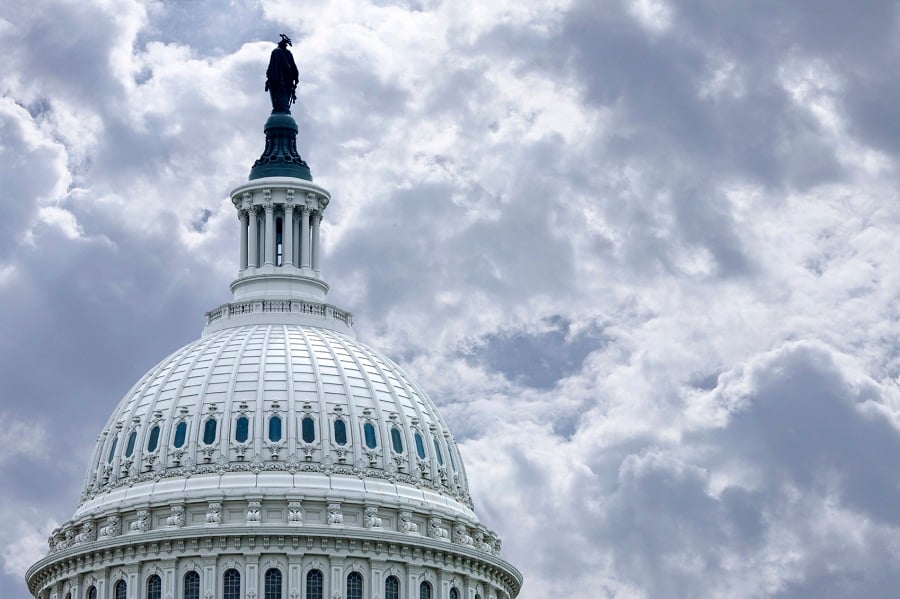

Sometimes successful advocacy comes down to preventing things from happening. For instance, we often engage regulators and lawmakers to help them understand how a proposed rule or piece of legislation could make it more difficult for Financial Services Institute members to provide Main Street Americans with much-needed financial services and advice.
Other times, however, advocacy is about making sure things do happen. An excellent example is FSI's continued support for the Securing a Strong Retirement Act, or SECURE 2.0, a sequel to legislation passed in 2019 — the SECURE Act.
SECURE 2.0 contains several provisions that would make it easier for Americans to save for retirement. They include raising the required minimum distribution age from 72 to 75 by 2032, reducing RMD-related penalties, providing additional tax incentives for small businesses to set up retirement plans for their employees and allowing people to make larger catch-up contributions to 401(k)s.
Plus, in an era when nearly every issue is hyper-partisan, the bill enjoyed broad support across party lines, passing the House by a vote of 414-5 earlier this year.
When viewed through the lens of the looming retirement crisis, it should be easy to see why SECURE 2.0 is a necessary step to help ensure that more and more Americans can live comfortably once they stop working. The unfortunate reality today is that millions are not close to being able to do that.
According to the Census Bureau, nearly 50% of Americans ages 55 to 66 have saved nothing for retirement. Zero. Zilch. Nada. Meanwhile, the bureau also found that fewer than 30% within that group have more than $100,000 in retirement savings — better but a figure that still isn't nearly enough for most to maintain their current lifestyle.
Alarming findings like this partly explain why we have consistently supported legislation that makes saving, investing and planning easier — particularly measures that allow the private sector to lead the way and bolster access to affordable, professional financial advice. Indeed, over the years, it's become clear that private businesses can better develop and administer affordable retirement plan solutions that offer better investment options for savers.
Still, it could take time for SECURE 2.0 — or some reasonable version of it — to become law. That's because a few Senate committees with jurisdictional claims have come up with their own versions, collectively called the Enhancing American Retirement Now Act.
Though some of the provisions in the Senate proposals contain good ideas — such as efforts to bolster emergency savings — it's unclear how many of them will garner enough support to make it into a final bill. Eventually, though, most believe that lawmakers in both chambers will reconcile the existing differences and pass something before the end of the year, most likely during the post-election, lame duck session.
We look forward to that day, since it will mark yet another win for retirement savers across the country and validate much of our work on this issue over the last few years. From there, we will focus on some of our other retirement priorities. These include restoring the deductibility of advisory fees and supporting multiple-employer plans, which allow two or more businesses to share plan-related costs and administrative duties, thereby expanding investor access.
For now, though, we are poised to continue to play offense on this issue. Not only will we encourage our members to contact their representatives in Washington, D.C., but we'll leverage our preexisting contacts on Capitol Hill to ensure lawmakers on both sides of the aisle understand the importance of confronting America's retirement readiness head-on.
Dale Brown is president and CEO of the Financial Services Institute.

Since Vis Raghavan took over the reins last year, several have jumped ship.

Chasing productivity is one thing, but when you're cutting corners, missing details, and making mistakes, it's time to take a step back.

It is not clear how many employees will be affected, but none of the private partnership's 20,000 financial advisors will see their jobs at risk.

The historic summer sitting saw a roughly two-thirds pass rate, with most CFP hopefuls falling in the under-40 age group.

"The greed and deception of this Ponzi scheme has resulted in the same way they have throughout history," said Daniel Brubaker, U.S. Postal Inspection Service inspector in charge.
Stan Gregor, Chairman & CEO of Summit Financial Holdings, explores how RIAs can meet growing demand for family office-style services among mass affluent clients through tax-first planning, technology, and collaboration—positioning firms for long-term success
Chris Vizzi, Co-Founder & Partner of South Coast Investment Advisors, LLC, shares how 2025 estate tax changes—$13.99M per person—offer more than tax savings. Learn how to pass on purpose, values, and vision to unite generations and give wealth lasting meaning
